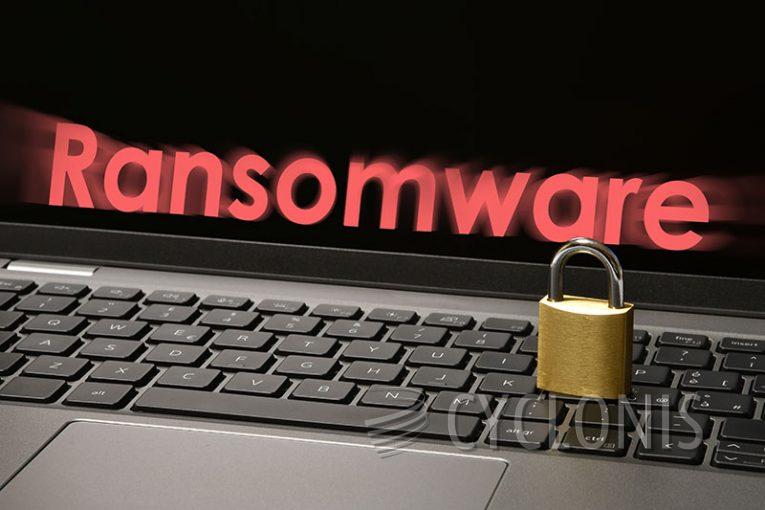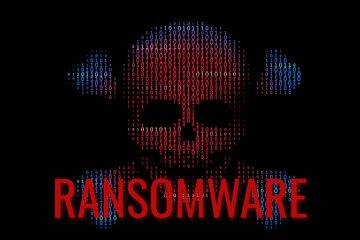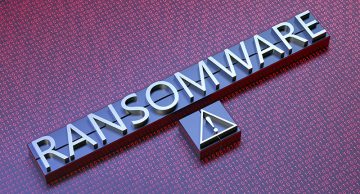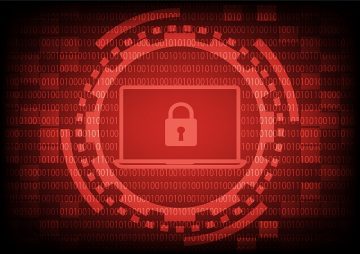Uudjvu Ransomware Encrypts Files

The Uudjvu ransomware presents a unique cyber threat through its file encryption process, which appends the .uudjvu file marker to locked data, rendering it unreadable.
Unlike typical ransomware infections that lock files and demand a ransom for decryption, this particular variant, belonging to the Djvu ransomware family, behaves differently. It displays a pop-up window resembling The Pirate Bay login interface, prompting users to enter their login credentials. As a result, it has earned the moniker "PirateHumanSetup ransomware."
Despite its unconventional behavior, it is imperative to eliminate this virus to prevent potential harm to the system and protect privacy. The Uudjvu ransomware stands out from other ransomware types, making it even more dangerous, as the actions of the cybercriminals behind it remain unpredictable. Once files are encrypted, they become inaccessible, with every affected photo, document, audio, or video file bearing the .uudjvu file extension.
How is Ransomware Like Uudjvu Usually Distributed?
Typically, ransomware such as Uudjvu is distributed through various methods, including:
- Phishing Emails: Cybercriminals often send phishing emails that appear legitimate, containing malicious attachments or links. When users interact with these attachments or links, the ransomware payload is downloaded onto their system.
- Malicious Websites: Ransomware can be distributed through compromised or malicious websites. Users may unknowingly visit these websites and trigger the automatic download and installation of the ransomware.
- Exploit Kits: Cybercriminals may utilize exploit kits, which are malicious tools that target vulnerabilities in software or operating systems. When users visit a compromised website or click on a malicious advertisement, the exploit kit detects and exploits these vulnerabilities to deliver the ransomware.
- Malvertising: Malicious advertising, or malvertising, involves cybercriminals injecting malicious code into legitimate online advertisements. When users click on these ads, they are redirected to websites hosting the ransomware, leading to its installation on their systems.
- Remote Desktop Protocol (RDP) Attacks: In some cases, cybercriminals exploit weak or compromised Remote Desktop Protocol connections to gain unauthorized access to a system. Once inside, they deploy the ransomware to encrypt files and demand a ransom.
- Software Vulnerabilities: Ransomware can also take advantage of known vulnerabilities in software applications. Cybercriminals exploit these vulnerabilities to gain unauthorized access and install the ransomware on vulnerable systems.
It's important to note that cybercriminals continuously evolve their tactics, so new distribution methods may emerge over time. To protect against ransomware attacks, it is crucial to maintain up-to-date software, use strong and unique passwords, exercise caution when clicking on links or downloading attachments, and regularly backup important data.








